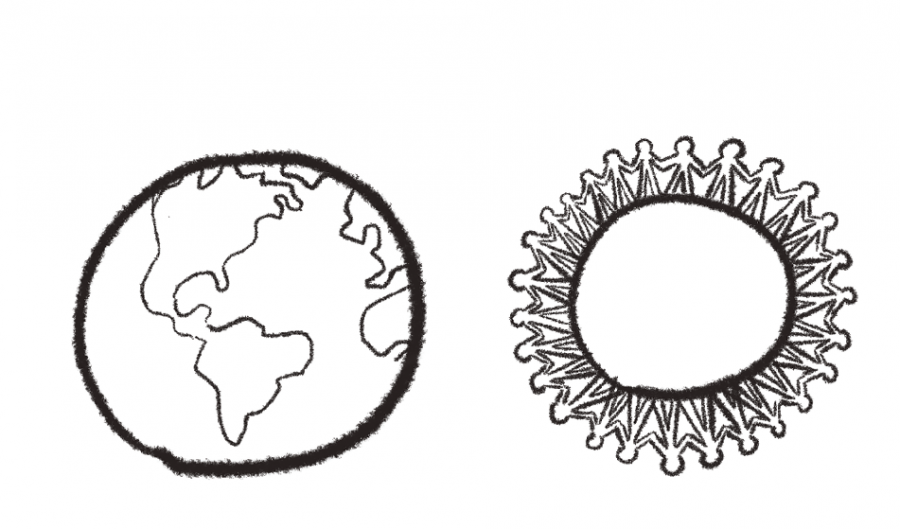The importance of preserving culture in an increasingly homogeneous society
We are living in an incredibly unique period of human history. Meritocracy has become increasingly more important as the world becomes more and more globalized, due to advances in travel technology, the opportunities different countries provide, and the emergence of a new, interconnected world that exists entirely online – the internet. Increased communication results in increased competition, and as a result much of western society has had to accept a mass influx of peoples from all parts of the world. While this phenomenon of integration and diversity is a good one, it does beg the question, how do we preserve culture in an increasingly homogenous society?
It is common knowledge that culture means identity. Our diverse array of cultural traditions, customs, arts, morals and ethics were once passed down from generation to generation, constructing our working frameworks of the world and how we should engage with it. To put it simply, our culture gave us meaning.
Nowadays that meaning can be harder to find. We tend to think that modernization equals progress, and while this is true to an extent, it also doesn’t leave much space for the rich history and thought-provoking, ethics-guiding construct that is culture. If there is any room for culture within the context of a “progressive,” dystopian society, then it’s simply for commerce.
The irony in this way of thinking is that the inclusivity of different cultures, of ideas and lifestyles that have been refined for thousands of years, can actually help move society forward, and bring about meaningful progress.
This is where the notion of pluralism comes into play. Pluralism at its core is simply the union of diversity. It isn’t a homogeneous process, rather a means of reaching a solution or truth through the culmination of multiple solutions and truths, stemming from multiple voices from diverse backgrounds. It opens up the possibility of perspectives and solutions one might not have been aware of had they simply been confined to their own cultural context.
Pursuing a homogenous society means losing those voices, losing those perspectives. For the people assimilated into that society, it also means losing their identity. If we want to truly build a sustainable, globalized society, then we need to realize that there is strength in difference. That as global citizens, we can work towards a strong future without sacrificing our cultural past.



